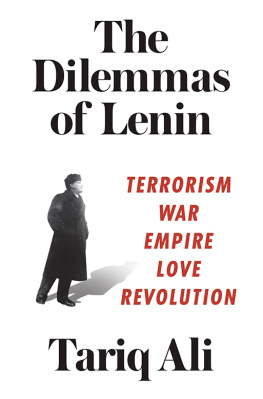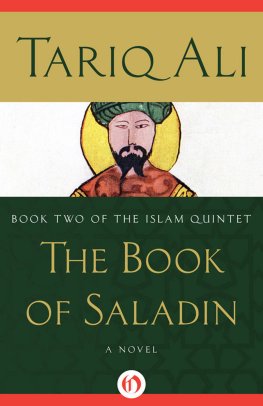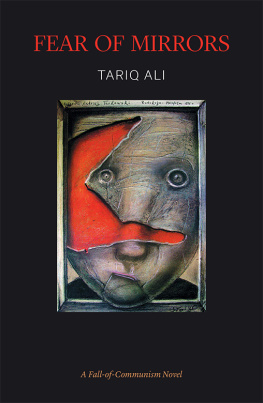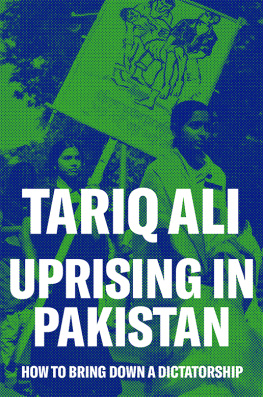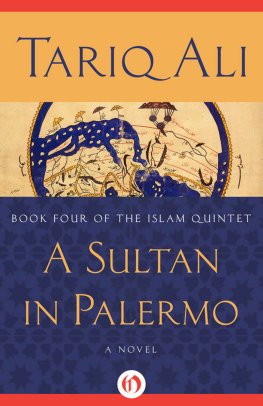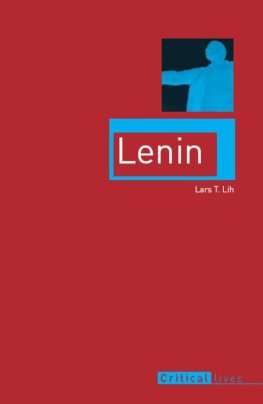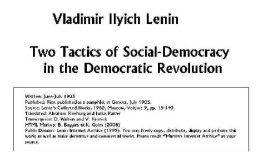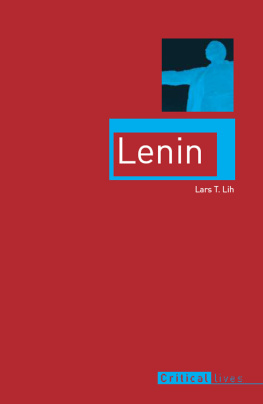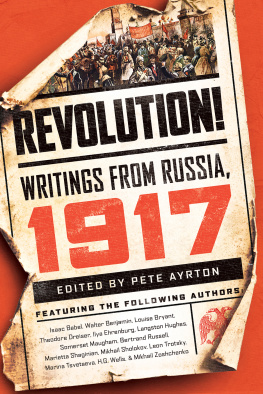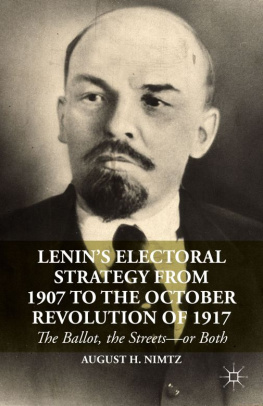This book was written to put Lenin in proper historical context. It has been immensely pleasurable to reread his key texts and related material. One reads them differently now than in the last century, but they retain their power. Usually I write a book after a great deal of discussion with audiences at public lectures and meetings. This time, my only companions were books. Of these (listed in the Further Reading section), I must single out the remarkable work of the late John Erickson, a military historian par excellence, whose studies of the Red Army and its command structures from 1917 to 1991 have no peer in any language.
For brief discussions on particular subjects I must thank Perry Anderson; Robin Blackburn and Susan Watkins, my colleagues at the New Left Review; and Sebastien Budgen, editor at Verso, Paris, who, as usual, sent me extremely useful texts to digest. For reading the manuscript and suggesting useful alterations and elucidations I am grateful to David Fernbach, a comrade of almost fifty years, and Leo Hollis, my editor at Verso, London whose grandfather, Christopher Hollis, was an early biographer of Lenin who certainly would not have agreed with most of my assessments. Mark Martin at Verso, Brooklyn, and Rowan Wilson and Bob Bhamra at Verso, London, ensured a smooth transition on the production front. Many thanks as well to Ben Mabie at Verso, Brooklyn, for preparing a first draft of the Glossary of Personal Names.
Here I stand, I can do no other.
Martin Luther
W hy Lenin? First, because this is the centenary year of Europes last great revolution. Unlike its predecessors, the 1917 October Revolution transformed world politics and, in the process, remade the twentieth century with a frontal assault on capitalism and its empires, accelerating decolonialization. Secondly, todays dominant ideology and the power structures it defends are so hostile to the social and liberation struggles of the last century that a recovery of as much historical and political memory as is feasible becomes an act of resistance. In these bad times, even the anti-capitalism on offer is limited. It is apolitical and ahistorical. The aim of contemporary struggle should be not to repeat or mimic the past but to absorb the lessons, both negative and positive, that it offers. It is impossible to achieve this while ignoring the subject of this study. For a long time during the last century, those who honoured Lenin largely ignored him. They sanctified him, but rarely read his work. More often than not, and on every continent, Lenin was misinterpreted and misused for instrumentalist purposes by his own side: parties and sects large and tiny who claimed his mantle.
The Lenin cult, which he loathed even in its most incipient form, was a disaster for his thought. His texts, never intended or written as a catechism, were mummified, making it difficult to understand his political formation. This phenomenon must be situated at the confluence of two historical processes. Lenin was a product of Russian history and the European labour movement. Both posed questions of class and party, of agency and instrument. The synthesis developed by Lenin was thus determined by the intermingling of two very different currents that can be characterised, broadly speaking, as anarchism and Marxism. He played a crucial role in the triumph of the latter.
That is why, before moving on to discuss some specific problems confronted by Lenin and the Bolsheviks, I will explain at length the history and prehistory of both currents. Without this excavation, its not easy to understand the dilemmas that confronted Lenin.
It takes imagination to misread Lenin and Trotsky or present them as liberals underneath the mask. Whatever one might think of them, the lucidity of their prose leaves little room for political misinterpretation. As Perry Anderson has recently reminded us, the fate of Gramsci, the third major thinker produced by the Communist tradition of the Third International, has been somewhat different and for specific reasons relating to his imprisonment by the Italian fascists.
First things first. Without Lenin there would have been no socialist revolution in 1917. Of this much we can be certain. Fresh studies of the events have only hardened this opinion. The faction and later the party that he painstakingly created from 1903 onward was simply not up to the task of fomenting revolution during the crucial months between February and October 1917, the freest period ever in Russian history. A large majority of its leadership, before Lenins return, was prepared to compromise on many key issues. The lesson here is that even a political party specifically trained and educated for the single purpose of producing a revolution can stumble, falter and fall at the critical moment.
This is where the Bolsheviks as a party were headed strategically and tactically before April 1917. No party can ever be right all the
The First World War was Lenins initial dilemma. The person he admired the most and regarded as his mentor was the German socialist Karl Kautsky. It was the latters capitulation to the war fever in Germany that shook Lenin. He had thought that an understanding of Marx was sufficient inoculation against most intellectual plagues, especially that of enthusiasm for imperialist wars. He solved the problem by an angry public break with the German Socialist Party, agreeing with Rosa Luxemburgs definition of it as a stinking corpse. This, alas, turned out not to be the case. This corpse weighs heavily on German workers to this day.
The next dilemma he was to confront concerned the path to revolution. After February 1917 this was not an abstract question. Lenin opted for a socialist revolution, creating mayhem inside his own party. At one point he denounced the old Bolsheviks as conservatives mired in a centrist marsh. He won them back only after they had realised that the Petrograd workers were politically ahead of them.
There have been long debates on the role of individuals in history. The eighteenth-century view that history was made by conscious individuals faced a strong challenge in the century that followed, and from many eminent pre-Marxist historians for whom no serious discussion of history was possible without analysing social and economic conditions. The view that social and material forces create the conditions in which individuals are transformed and act in a way that would be impossible in different circumstances was systematised by Marx and Engels and generally accepted for most of the twentieth century. This applies to individuals of all kinds: Napoleon and Bismarck as well as Lenin, Mao Zedong, Ho Chi Minh and Fidel Castro.

